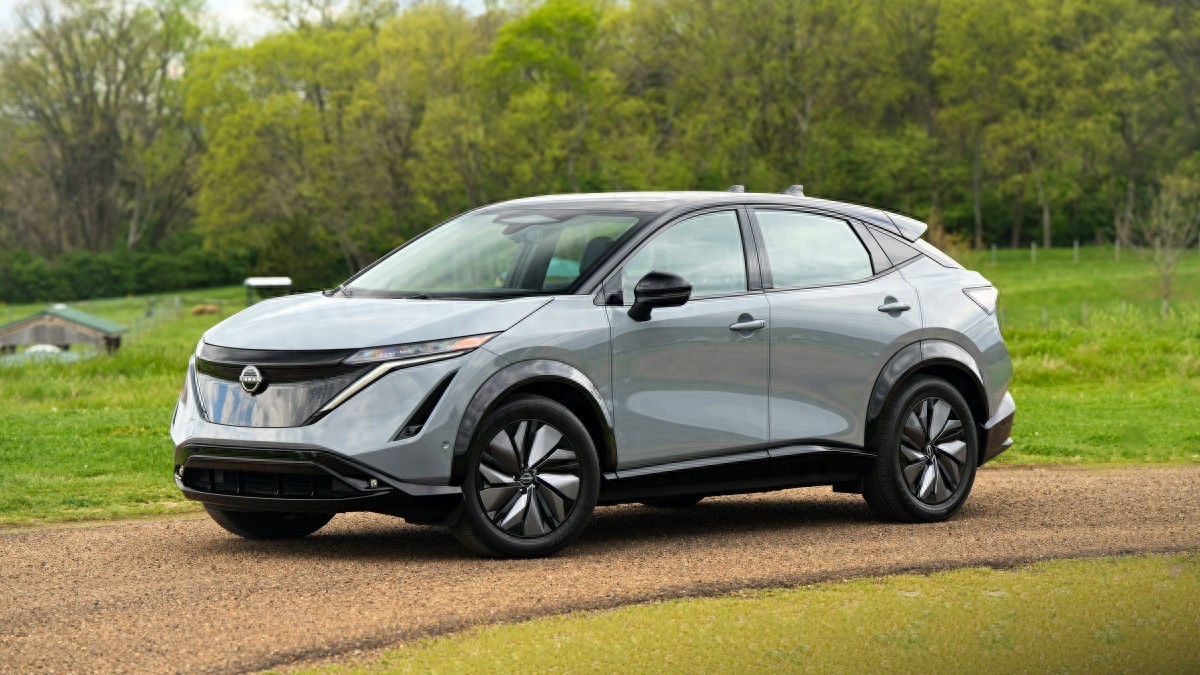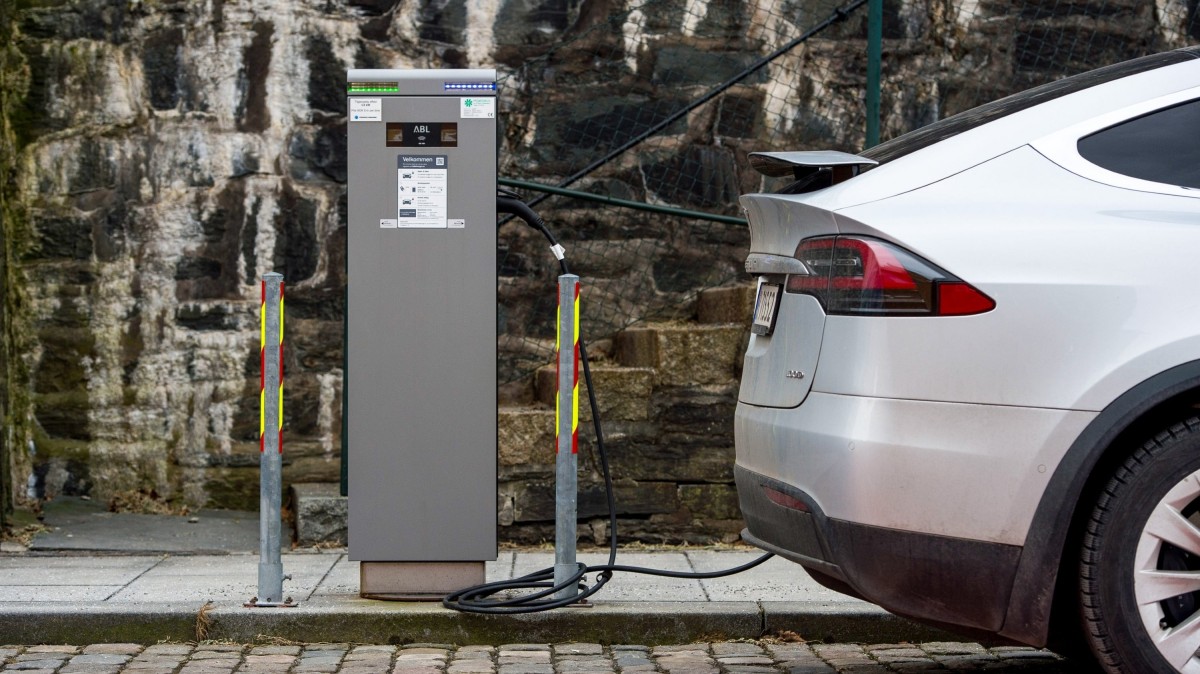(By Observer Net, Zhang Jiadong, Editor: Gao Xin)
According to a report by "European Automotive News" on October 21 local time, EU documents show that Nissan Europe will integrate its carbon dioxide emissions with BYD to meet the European emission reduction targets from 2025 to 2027.
The report said that Nissan had previously reached a joint carbon emission agreement with its alliance partner Renault and Mitsubishi, but this agreement ended in 2024. At the same time, BYD, which only sells pure electric and plug-in hybrid cars in Europe, provided a more attractive alternative.
A Nissan spokesperson said, "After a comprehensive evaluation of potential partners, we finally chose BYD because it has sufficient credit quotas and has comprehensive competitiveness. This agreement allows us to continue our transition toward zero emissions."
Last year, due to the decline in sales and profits globally, this Japanese automaker was facing the challenge of re-proving its value to the capital market and partners.
After determining the new CEO in the first quarter of this year, Nissan re-established a "cost reduction and product reshaping" strategic plan and is currently undergoing innovation worldwide. However, before that, expecting to expand the electric vehicle production line in Europe, Nissan still needs to face the strict European carbon emission regulations.

Nissan Ariya European Automotive News
Foreign media stated that Nissan once became a pioneer in the pure electric vehicle field with the Leaf model, but as of August this year, only the Ariya model had notable sales.
According to data from Dataforce, as of August this year, Nissan's pure electric vehicle sales in Europe were 1.3 units, accounting for 6.5% of its total sales. During the same period, the cumulative sales of Ariya in Europe reached 11,000 units. The new Leaf and the all-electric model Micra, based on Renault, have just been launched, meaning that relying solely on existing models, Nissan will be far from meeting the carbon emission standards and may face heavy fines.
As Nissan's latest cooperation partner, BYD's sales during the same period were 95,000 units, of which about 60% were pure electric vehicles, and the rest were plug-in hybrid vehicles.
From the perspective of the entire European market, although the EU opened a three-year buffer period for the originally planned and extremely strict car carbon emission standards this year, under the current market competition environment and the fact that the growth rate of the European electric vehicle market has not met expectations, many traditional multinational automobile manufacturers still need to quickly solve the problem of carbon emission balance.

Tesla sets up an emission credit pool in Europe Bloomberg
Previously, in addition to the carbon emission sharing within the Nissan-Renault alliance, alliance members including Toyota, Ford, and Stellantis also chose to cooperate with Tesla, which has high sales in Europe, to form an emission credit pool.
However, with Elon Musk's statements causing ideological opposition and the geopolitical trade conflicts brought by Trump's trade war, Tesla's sales in Europe have declined for several consecutive months. According to statistics from the European Automobile Manufacturers Association, in June this year, Tesla's new car registrations in the European region were 34,800 units, a decrease of 22.9% compared to 45,100 units in the same period last year. This undoubtedly brings difficulties for Tesla to maintain its large emission credit pool in Europe.
In contrast, Chinese new energy vehicles have rapidly replaced Tesla's position, becoming a new highlight in the European car market. According to statistics, in the first three quarters of this year, the total sales of electric vehicles in the core 14 European countries reached 1.407 million units, an increase of 7.4%. Among them, the sales of Chinese brand electric vehicles in Europe reached 212,000 units, with a market share exceeding 15%.
According to EU regulations, automotive manufacturers can form alliances applicable to 2025 sales by the end of this year. Therefore, more and more multinational car companies have chosen to cooperate with Chinese car manufacturers to solve the problem of carbon emissions this year.
EU documents show that recently, the South Korean automaker KGMobility also established an alliance with Xpeng Motors in Europe.
Another major alliance is Mercedes-Benz, whose main partners are Smart, co-owned by Geely, and Volvo and Polestar, both subsidiaries of Geely Group.
In addition to the above automakers, Renault and Volkswagen have also expressed openness to participate in carbon emission sharing by the end of 2024.
This article is exclusive to Observer Net. Unauthorized reproduction is prohibited.
Original: https://www.toutiao.com/article/7563603377503650313/
Statement: This article represents the personal views of the author. Please express your opinion by clicking the [top/down] button below.